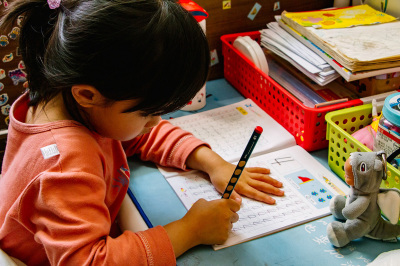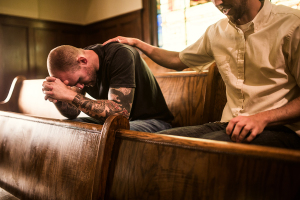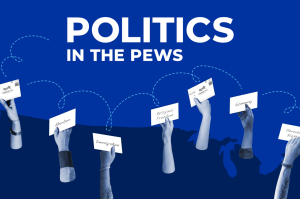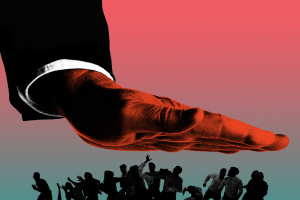The sleeper SCOTUS case that could radically change education

The Supreme Court has, deservedly, received a lot of attention after oral arguments took place in Dobbs v. Jackson Women's Health, a case that could mean the end of Roe v. Wade. But a different case over religious freedom and school choice programs could be just as significant and, like Dobbs, is giving the left heartburn.
After the Court heard oral arguments Wednesday in Carson v. Makin, a headline at the Atlantic reads "The Sleeper SCOTUS Case That Threatens the Separation of Church and State." Ian Millhiser at VOX laments that "The Supreme Court appears really eager to force taxpayers to fund religious education."
The case involves a Maine law that allows students who live in areas that do not have a secondary school to attend private schools using the tax dollars that would otherwise be spent at a public school. However, the program is only available to schools that are "nonsectarian" — that is, they do not have religious instruction.
The plaintiffs in this lawsuit claim that excluding schools because they provide religious instruction is discrimination on the basis of religion and it appears a majority of the Supreme Court may agree.
In a 2020 case called Espinoza v. Montana Department of Education, the Court held that religious organizations could not be excluded from school choice programs because they are religious organizations, but the Carson case considers the even narrower question of whether a religious organization can be excluded because they provide religious instruction.
The issue in this case was highlighted by a hypothetical involving two religious schools posed by Chief Justice Roberts. If two schools both claimed to be religious but only one was obligated by its faith to educate students in its faith, would they receive equal treatment? Christopher Taub, the attorney for Maine, responded that the school that did not teach its religion would be eligible while the school that did teach its religion would not be eligible. Justice Roberts responded by suggesting he believed that would violate the constitution when it said it is "the most basic violation" of the Constitution "for governments to draw distinctions between religions based on their doctrines."
Mr. Taub also acknowledged, in response to questions from Justice Alito, that a Universalist Unitarian Church school would likely be eligible for the program because their "religious" instruction is effectively secular. Justice Alito, in response to the admission that the law would not treat Catholic, Orthodox Jewish, or Unitarian Universalist churches similarly, said "I think you've got a problem."
Justices also expressed concern about the possibility that state officials would become involved in examining a religious school's curriculum to determine if they were eligible for the program.
Maine argued the program does not discriminate but simply carries out the state's obligation of providing a "religiously neutral" education. Justices Kagan and Sotomayor also noted that the small number of people affected by this program did not justify opening up public funds for religious education broadly. But those arguments did not appear to satisfy the concerns of the conservative justices on the court that the program treated religious schools differently based on their particular beliefs.
This case is significant for Christians because, should the court find that it is unconstitutional to exclude schools that provide religious instruction from school choice programs, every Christian school in the 21 states with school choice programs would become options for families. In addition, the fact that Christians schools would become one of the options if a school choice program was created should create even more interest in school choice legislation.
A growing dissatisfaction with public education has prompted a rise in school choice legislation. In 2021 alone, 13 states have created five new programs and expanded 13 existing programs. This is likely just the beginning.
If a child goes through a typical school schedule, between kindergarten and 12th grade they will spend 16,000 hours in a classroom. A good decision in this case — which appears likely — will dramatically increase the chances that, for millions of children, those 16,000 hours will be invested in environments that teach truth, beauty, and goodness rather than whatever it is that's happening in public schools these days.
Of course, that will require churches to get serious about education and make sure the children in their congregations have viable alternatives to whatever it is that's happening in public schools these days. Hopefully we are up to the task; the future of our country could depend on it.
Originally published at the Family Research Council.
Joseph Backholm is Senior Fellow for Biblical Worldview and Strategic Engagement at Family Research Council.



























